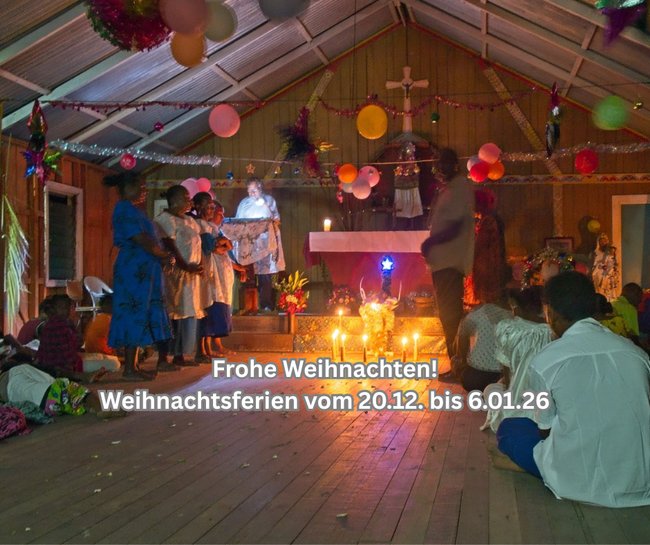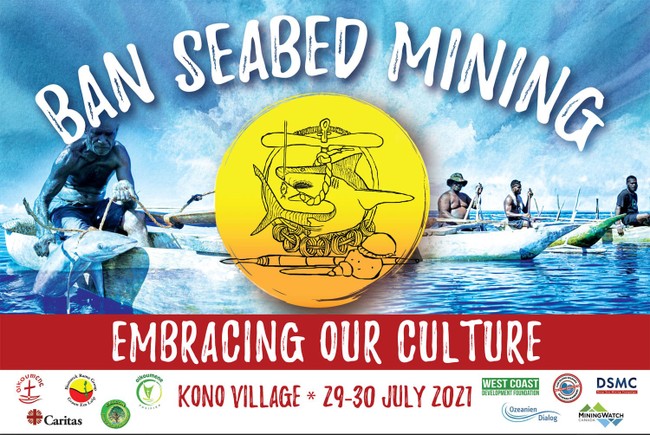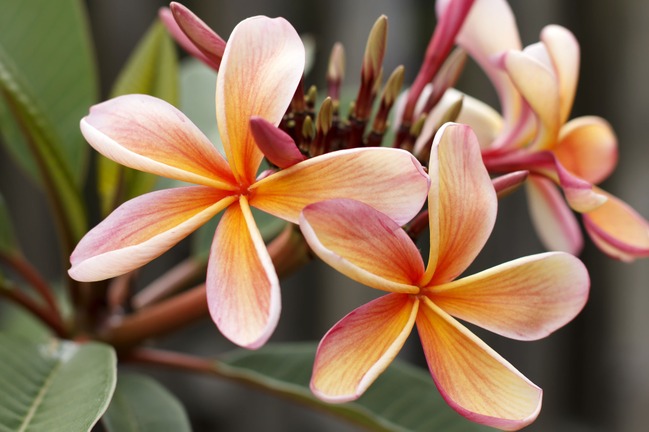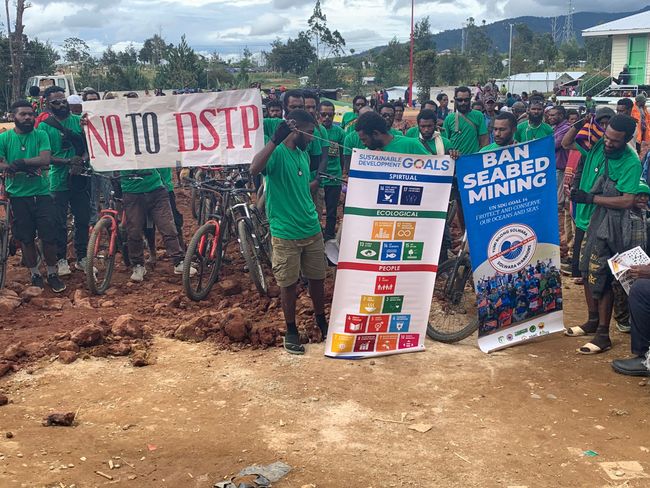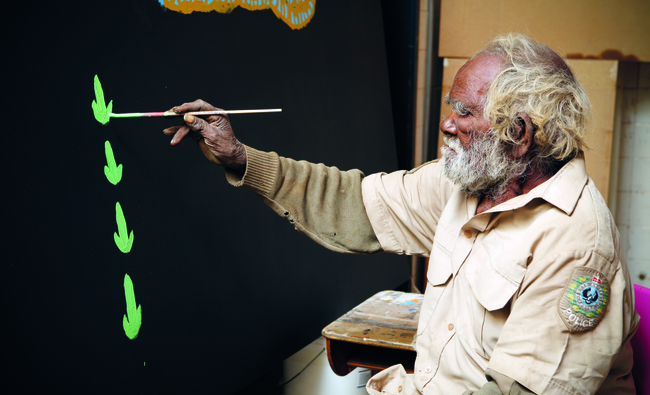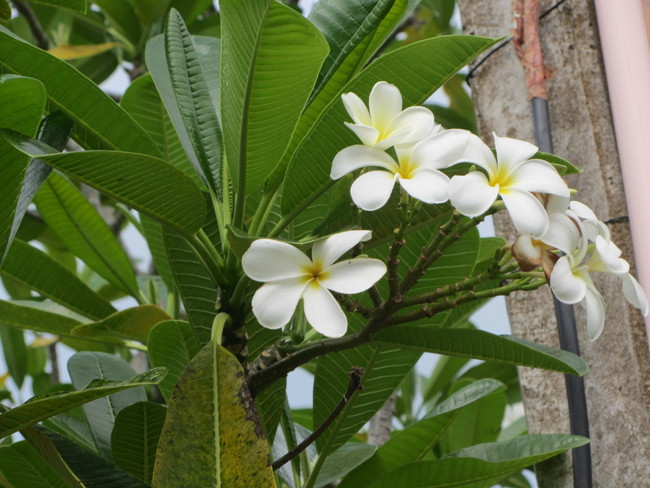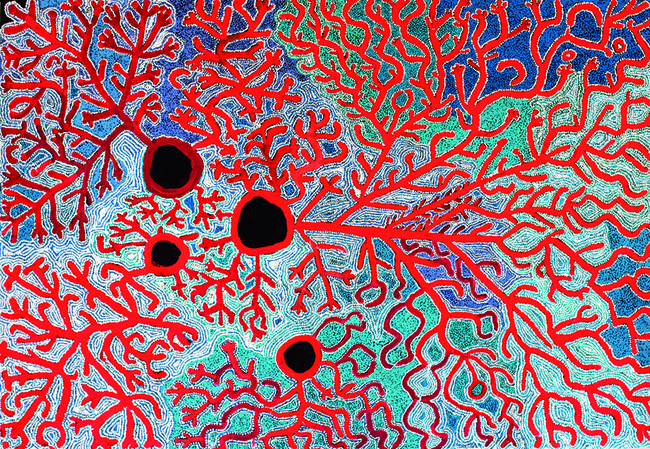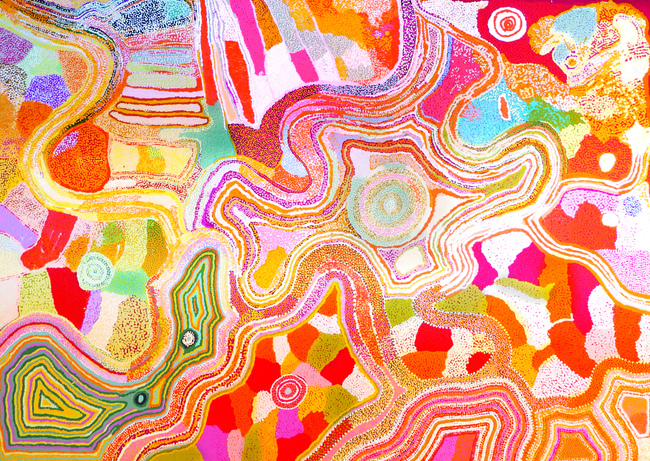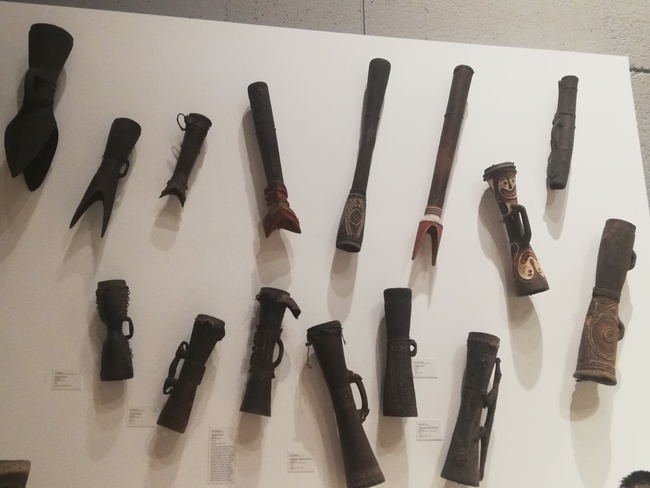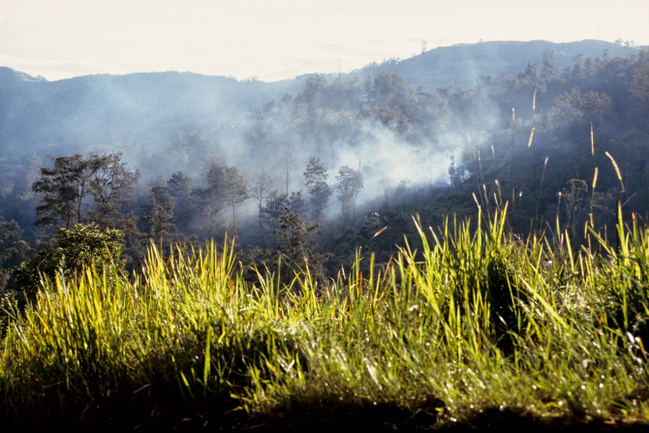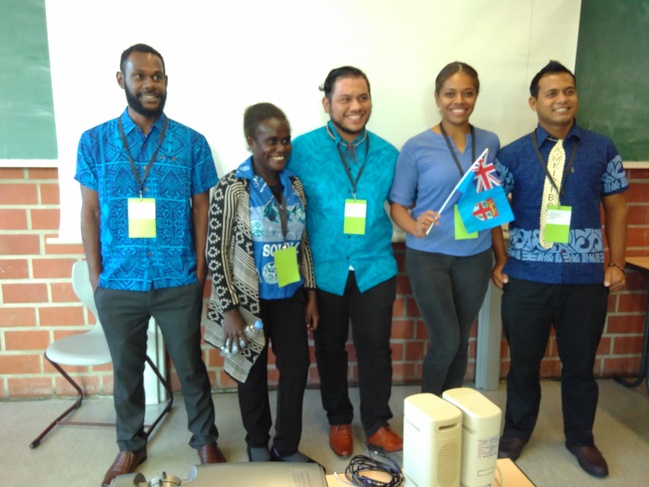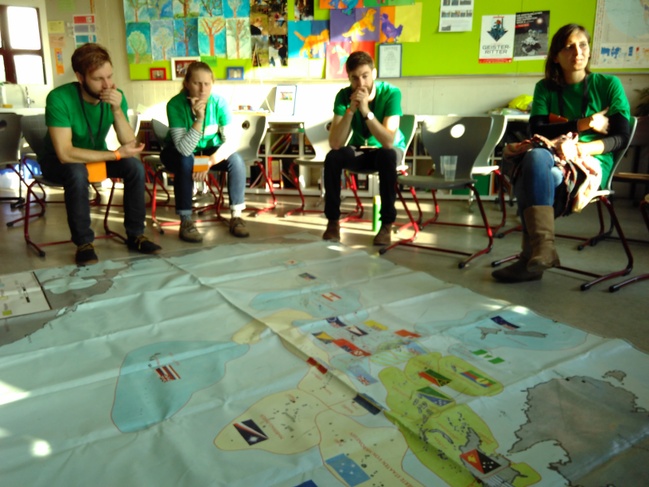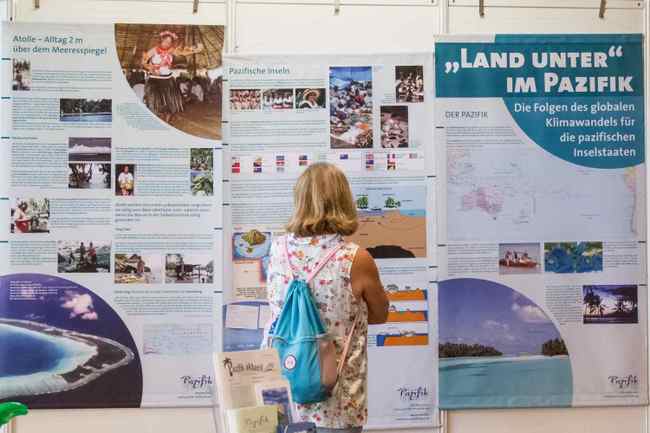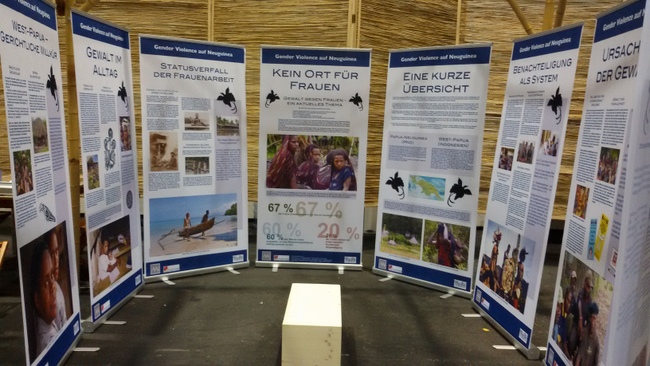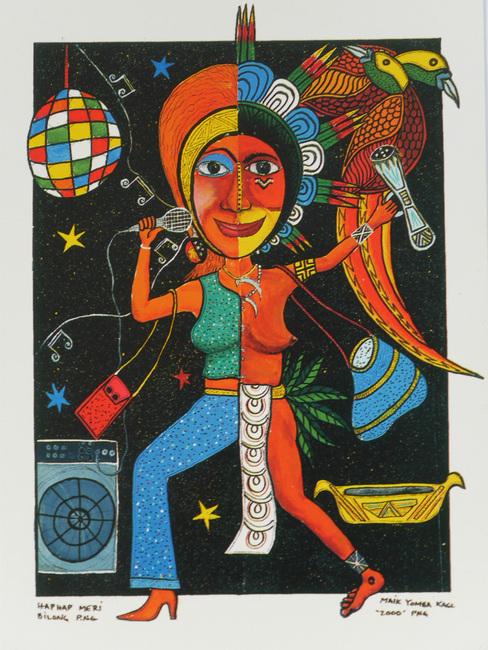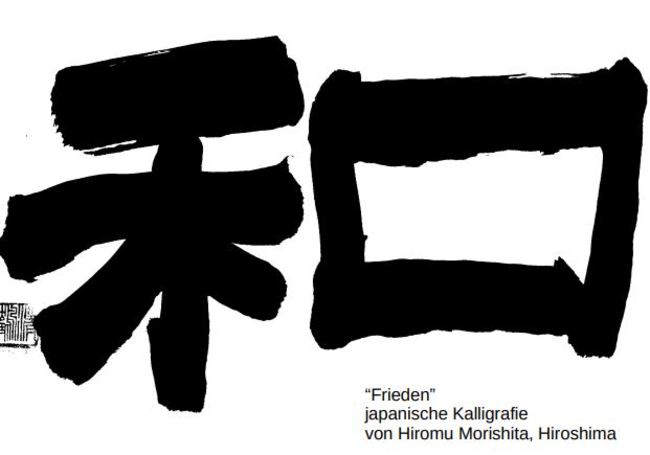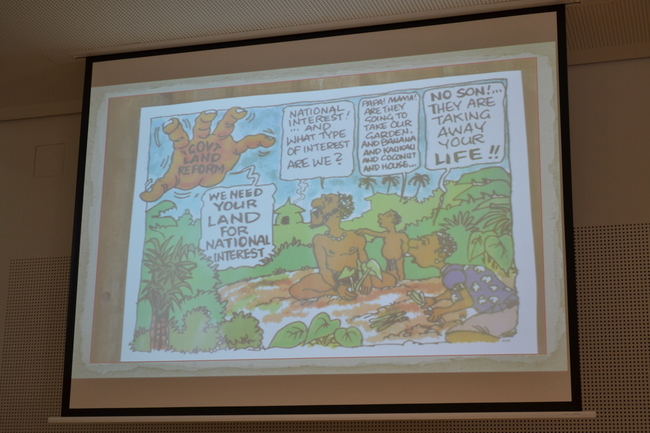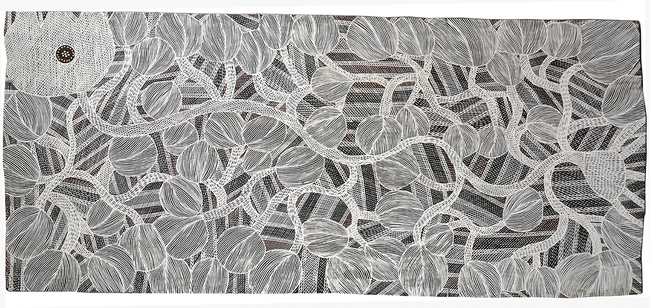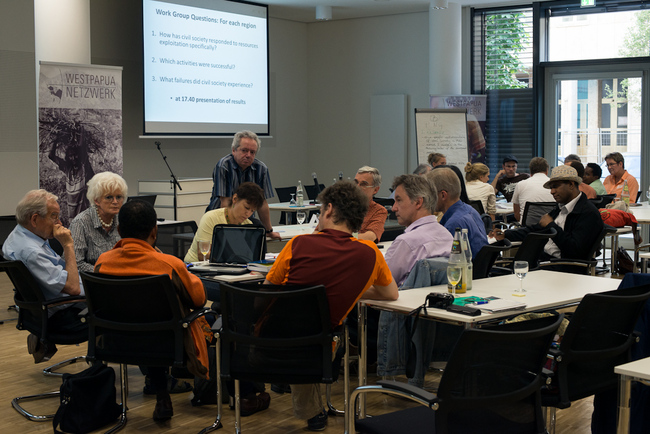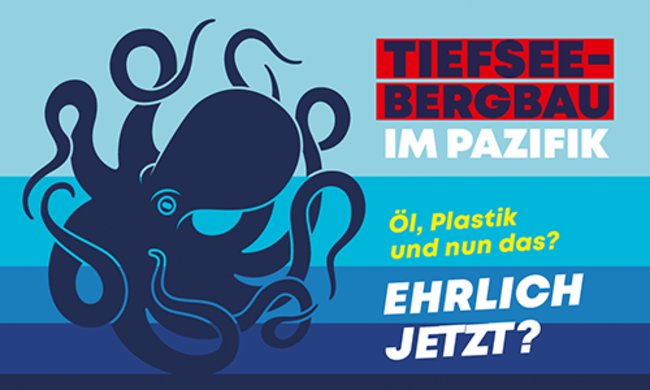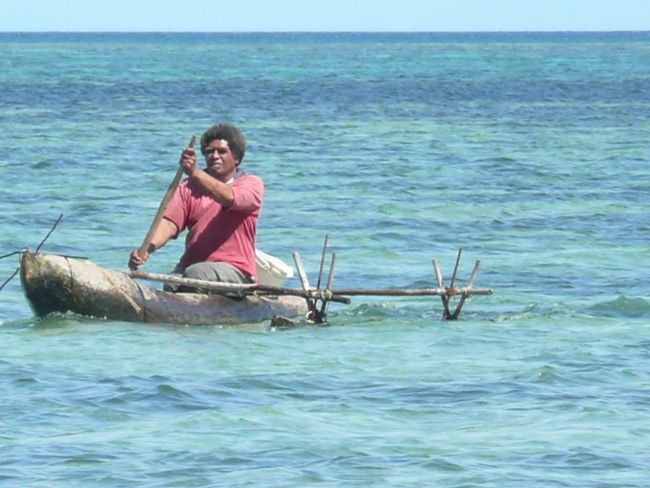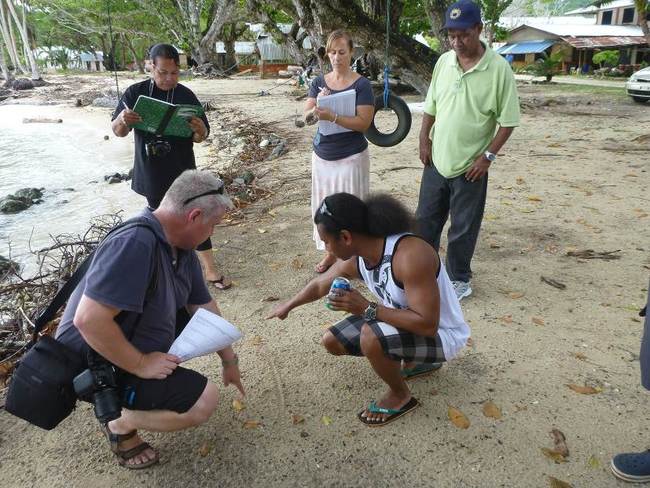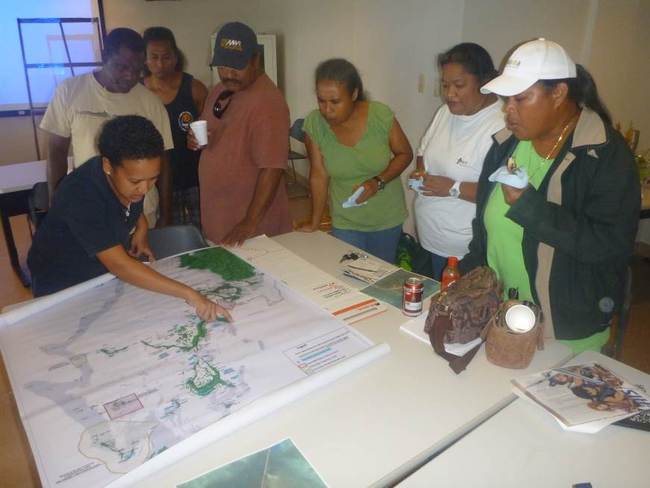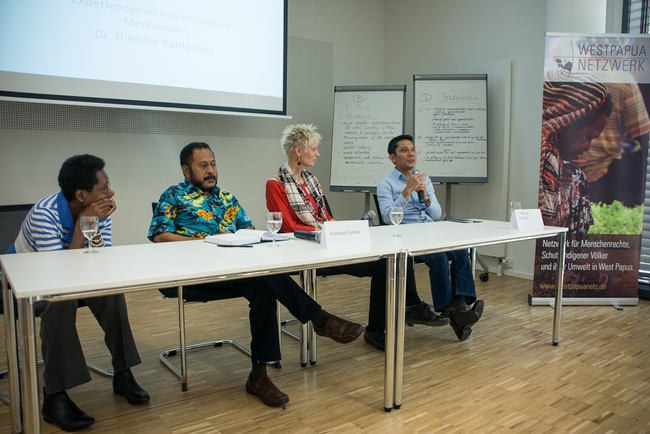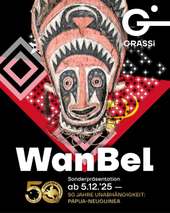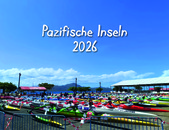| 27.02.2026 |
|
Extraktivismus in Ozeanien: Wirtschaftliche Entwicklung, Bergbau und Rohstoffe - Pazifik-Jahrestagung vom 27.02. bis 01. März 2026, Flussschifferkirche, Hamburg
(News) |
| 17.12.2025 |
|
Advocating for rebellion – Rebel diplomacy and international advocacy in the Bougainville Crisis - Ein Artikel von Pazifik-Netzwerk-Mitglied Christopher Brucker, Uni Leipzig
(News) |
| 07.10.2025 |
|
Pazifik aktuell September 2025 (Nr. 143) - Nachrichten aus Papua-Neuguinea und den pazifischen Inselstaaten
(News) |
| 07.10.2025 |
|
Pazifik aktuell September 2025 (Nr. 143) - Nachrichten aus Papua-Neuguinea und den pazifischen Inselstaaten
(Publikationen) |
| 07.10.2025 |
|
Pazifik Rundbrief September 2025 (Nr. 141) - Forum- Analysen- Berichte- Meinungen- Information
(News) |
| 07.10.2025 |
|
Pazifik Rundbrief September 2025 (Nr. 141) - Forum - Analysen - Berichte - Meinungen - Information
(Publikationen) |
| 22.09.2025 |
|
Pazifische Inseln 2026 - Neuer Jahreskalender des Pazifik-Netzwerkes ist erschienen
(News) |
| 22.08.2025 |
|
Die bitteren Früchte eines viel zu späten Abschieds - Zur aktuellen Situation in Kanaky
(News) |
| 12.08.2025 |
|
Cook-Inseln: 60 Jahre unabhängig - oder doch nicht? - Eine Pressemitteilung des Pazifik-Netzwerks e.V.
(Pressemitteilungen) |
| 10.07.2025 |
|
40. Jahrestag des Attentats auf das Greenpeace-Schiff „Rainbow Warrior“ in Auckland/Neuseeland - Eine Pressemitteilung des Pazifik-Netzwerks e.V.
(News) |
